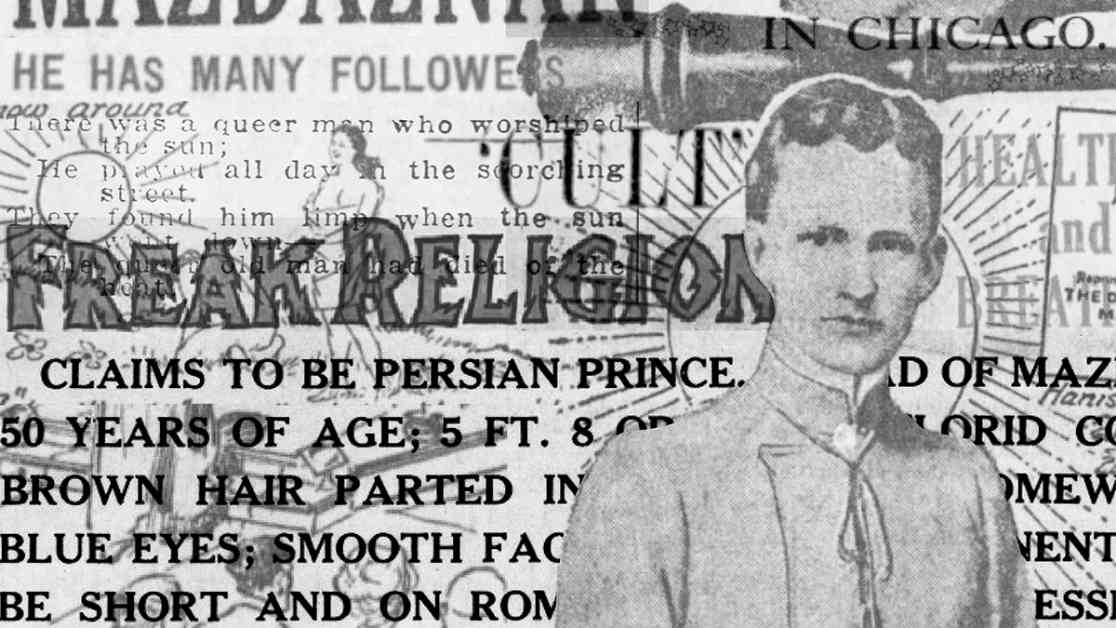Otoman Zar-Adusht Hanish, a self-proclaimed guru and doctor, gained notoriety in 1904 when a woman named Emma Reusse died after following his advice to fast for 40 days. Hanish preached a religion called Mazdaznan, a blend of Zoroastrianism, Christianity, and Eastern mysticism. He advocated for physical and spiritual health through fasting, meditation, vegetarianism, yoga, and sun baths. His teachings attracted thousands of followers, especially women seeking empowerment.
Mazdaznan was considered an anarchist religion due to its progressive views and opposition to the state. Hanish promoted absolute freedom from laws, claiming that more laws led to more corruption. Despite minor legal troubles and rumors about his questionable practices, Hanish managed to evade serious investigations for years. However, his downfall began in 1911 when he was accused of trying to harm a young boy to gain access to his inheritance.
During the trial, it was revealed that Mazdaznan operated as a cult, with different classes of followers and a focus on financial gain. Hanish charged exorbitant fees for treatments, books, and lectures, accumulating significant wealth from his followers. The trial also exposed Hanish’s true background as a German immigrant who reinvented himself in America as a spiritual leader.
Hanish lost an obscenity trial and was sentenced to jail and fined. This led him to sell his temple in Chicago and move to Los Angeles. Despite allegations of inappropriate behavior with children, Hanish’s legacy was tarnished by his fraudulent practices and exploitation of his followers. His teachings, once seen as empowering and revolutionary, were revealed to be a facade for his personal gain.
As time passed, Hanish’s reputation continued to decline, with accusations of rape and manipulation surfacing even after his death. While some viewed him as a sex neurotic preaching a philosophy of lust, others saw him as a cunning scam artist who preyed on people’s vulnerabilities. Ultimately, Hanish’s story serves as a cautionary tale about the dangers of charismatic leaders and the importance of questioning authority and beliefs.


